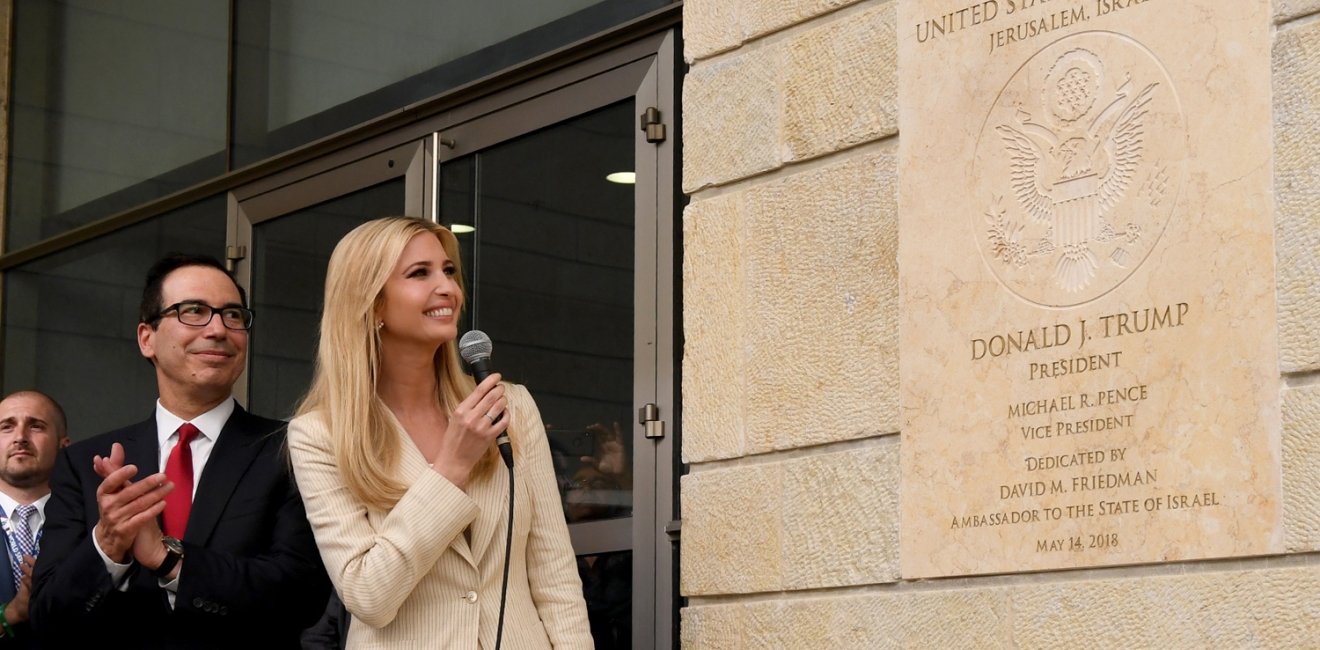Recent months have seen a series of dramatic steps by the Trump administration with respect to the Israeli-Palestinian conflict: moving the U.S. embassy to Jerusalem, defunding the agency responsible for Palestinian refugees, cutting West Bank aid, shutting down the PLO mission in Washington, and persistently promising to present its own peace plan. The flurry of activity comes even as the prospects of an actual deal seem increasingly remote. The Palestinian leadership has made clear it won’t so much as glance at any U.S. proposal, Israeli Prime Minister Benjamin Netanyahu has suggested there would be no harm in taking more time before unveiling it, and Arab leaders whose support, or at least acquiescence, the administration deems crucial to the enterprise have voiced their own qualms and politely distanced themselves from the initiative. By now, it would be hard to find anyone serious who takes seriously the notion that the Trump administration will achieve the “ultimate deal.” Which raises the more interesting question: What, exactly, is the Trump team up to?
Read the full article on The Atlantic>>>>>






